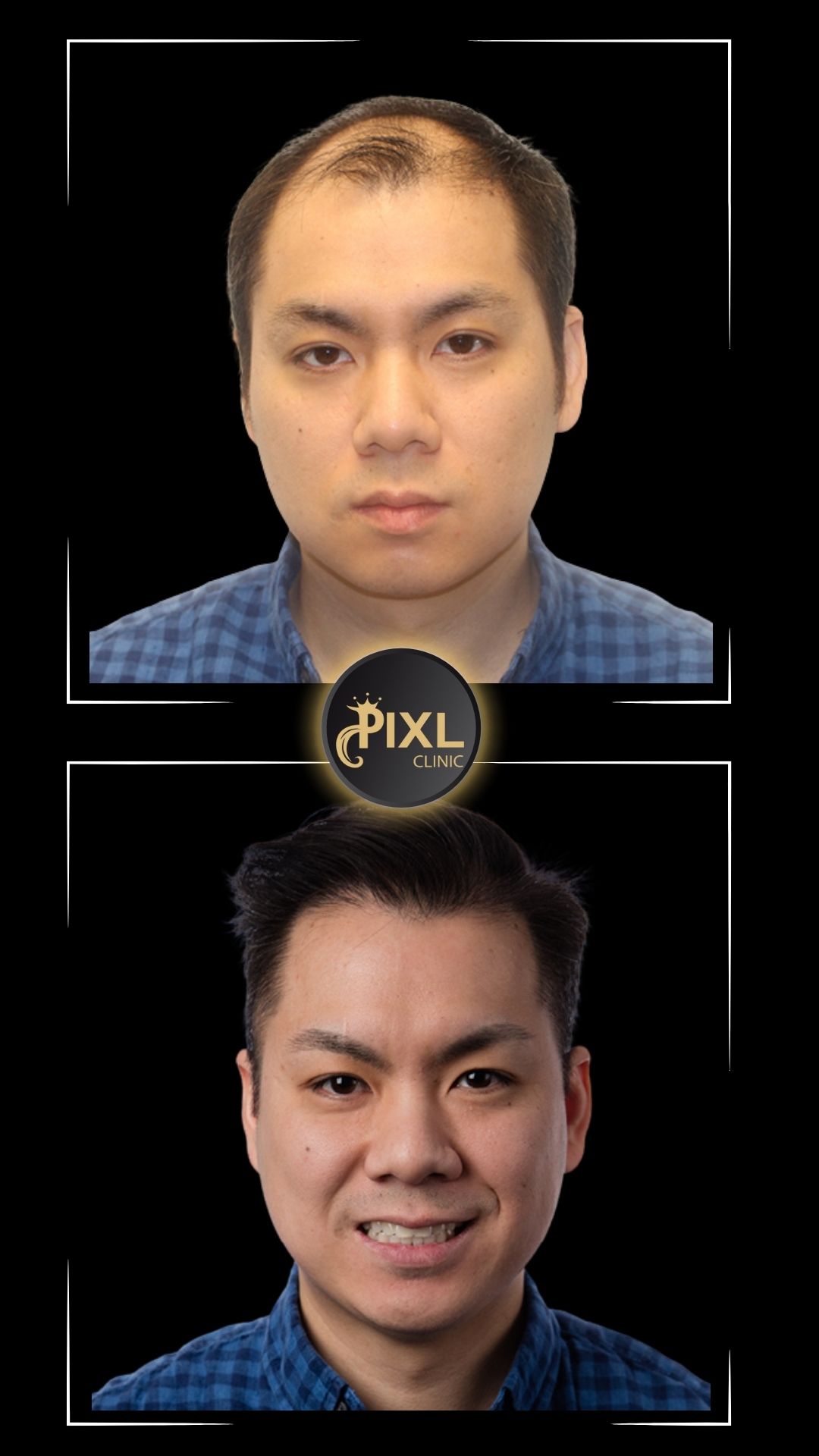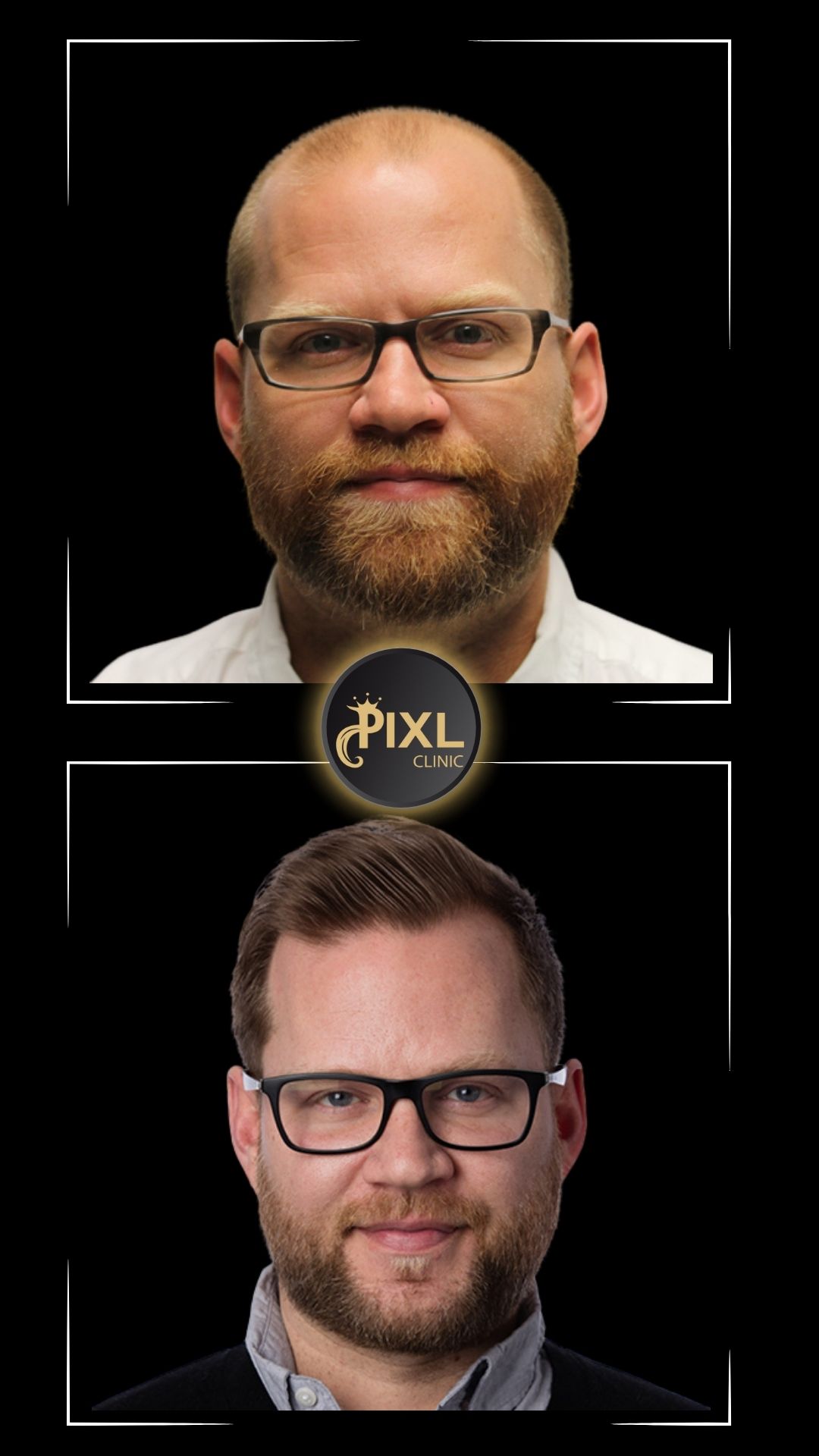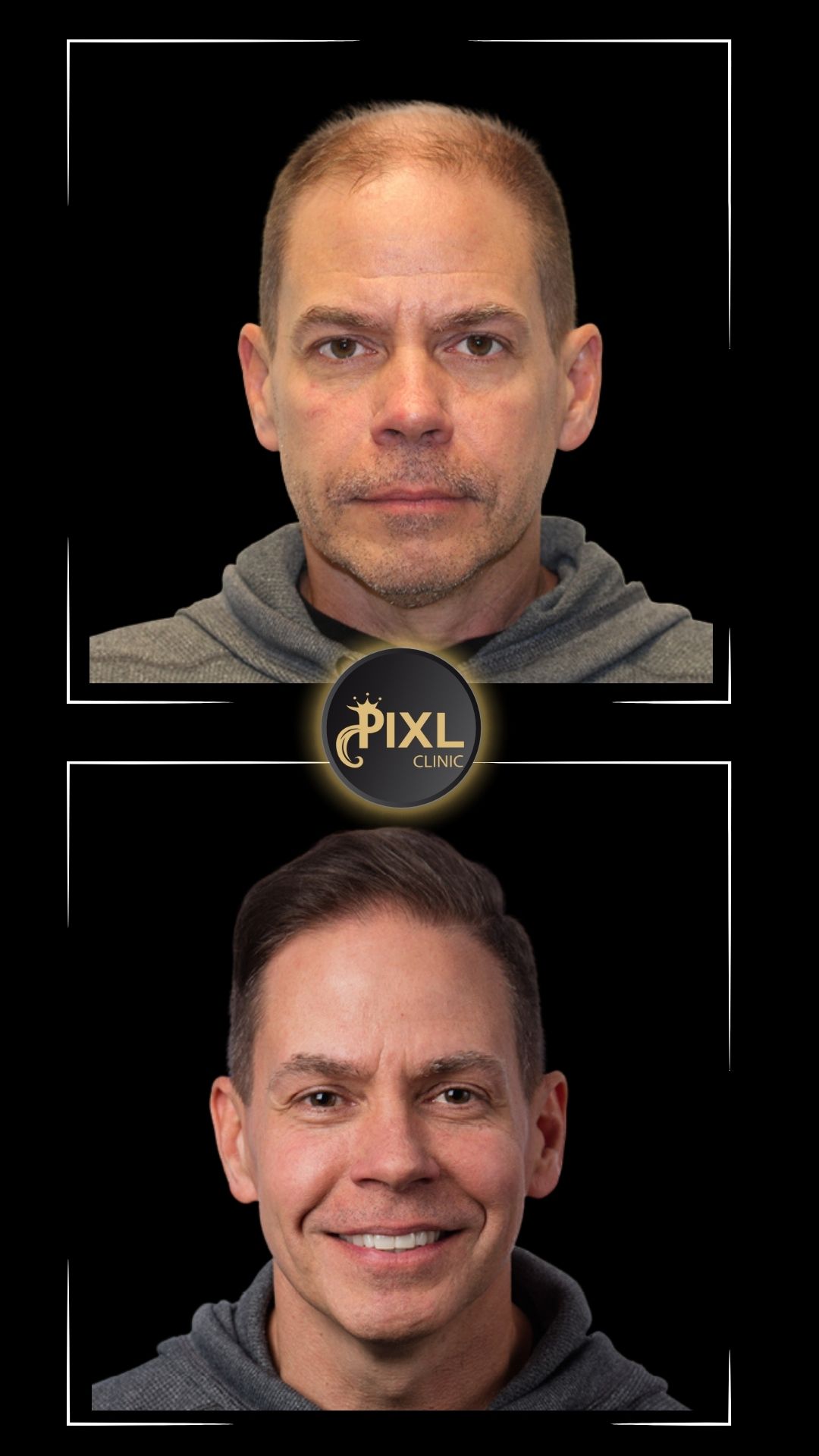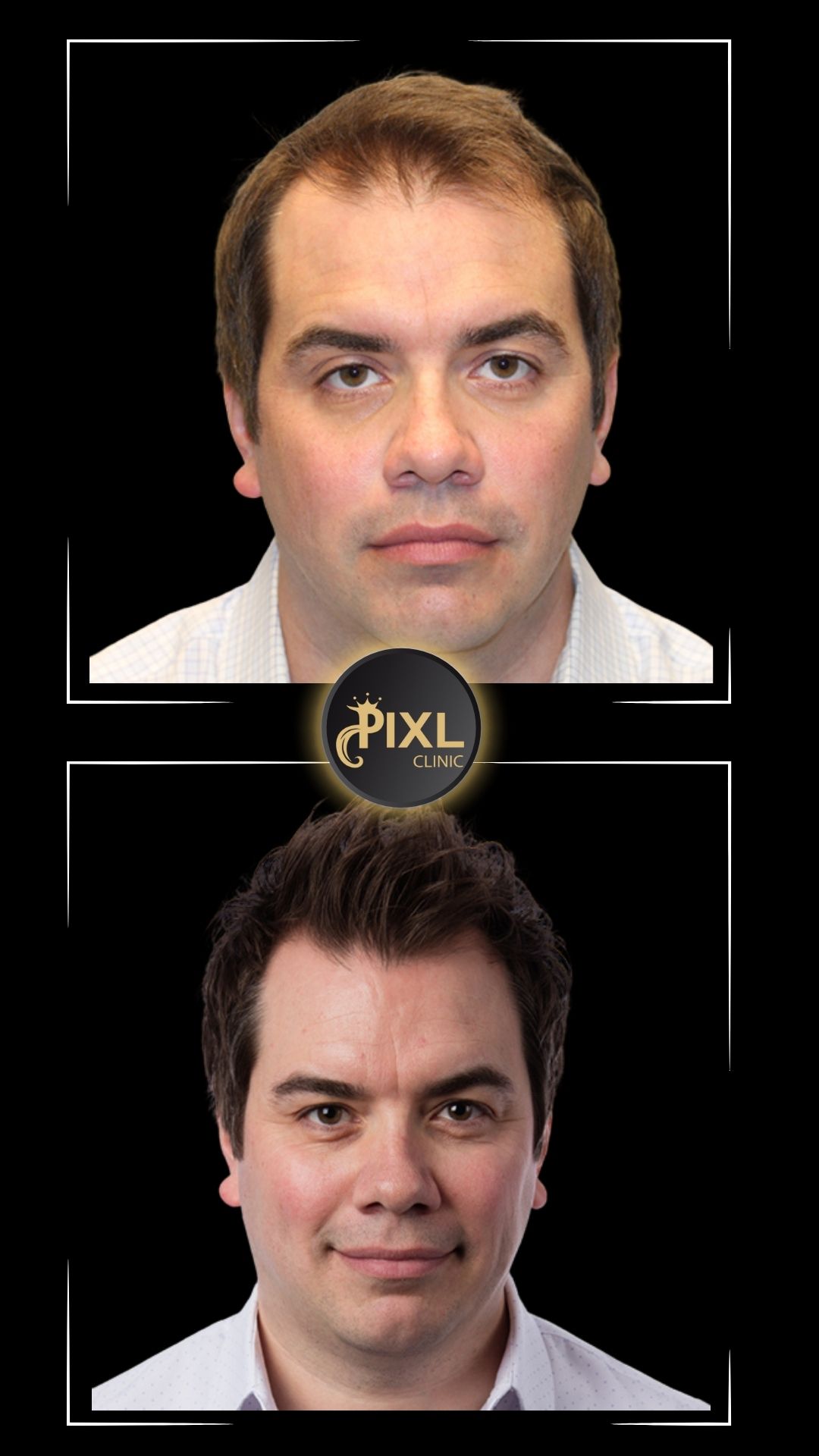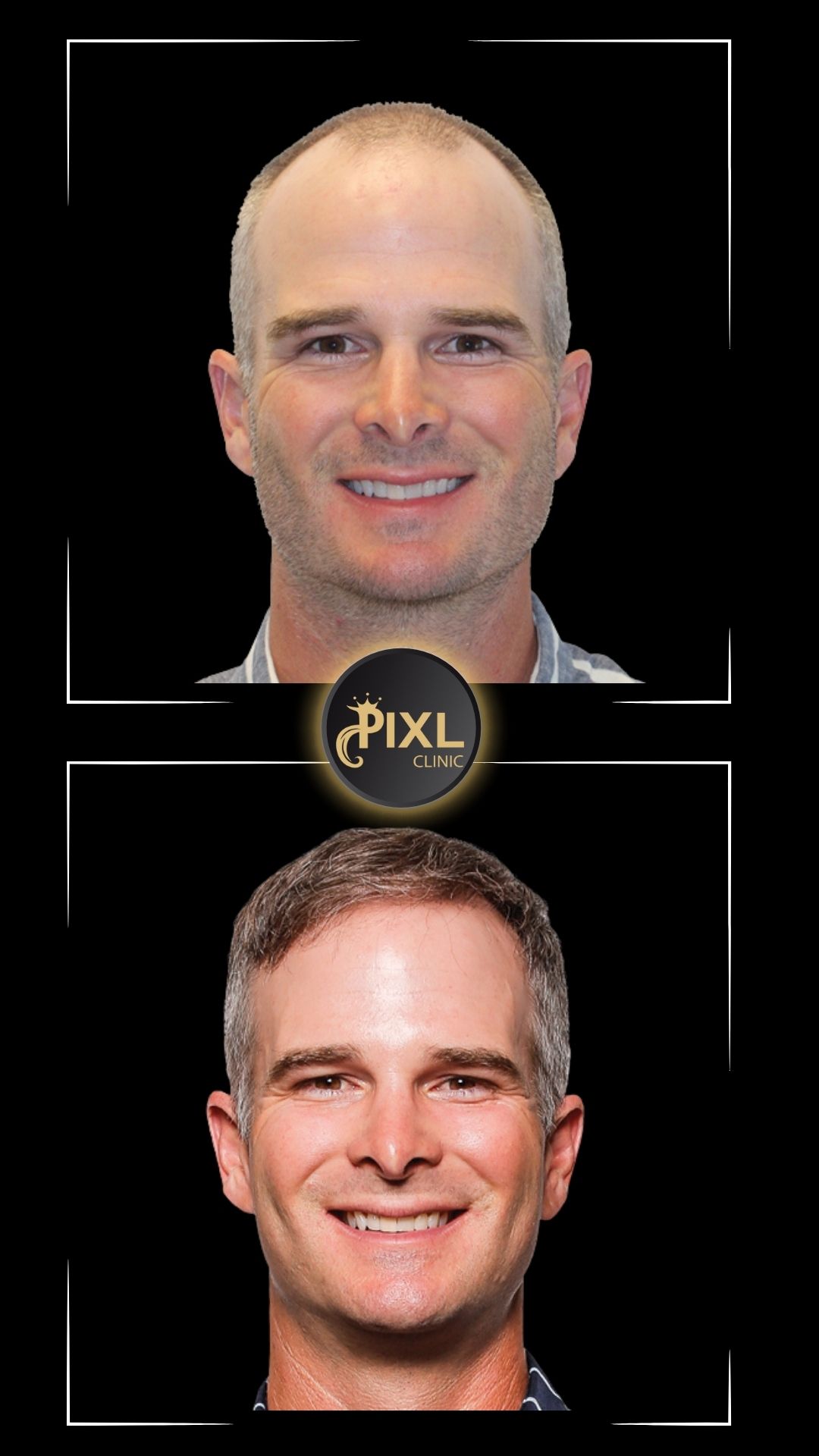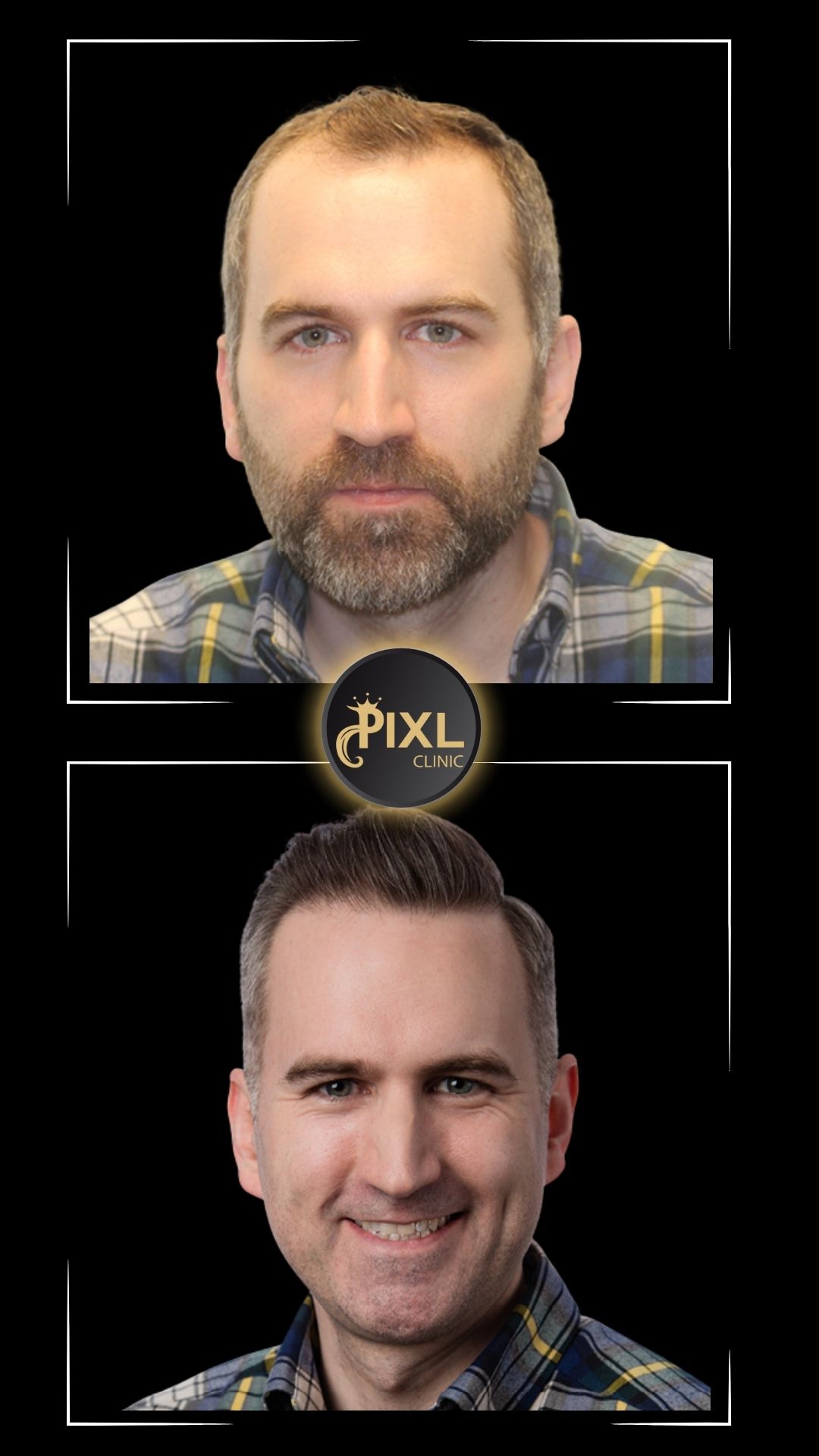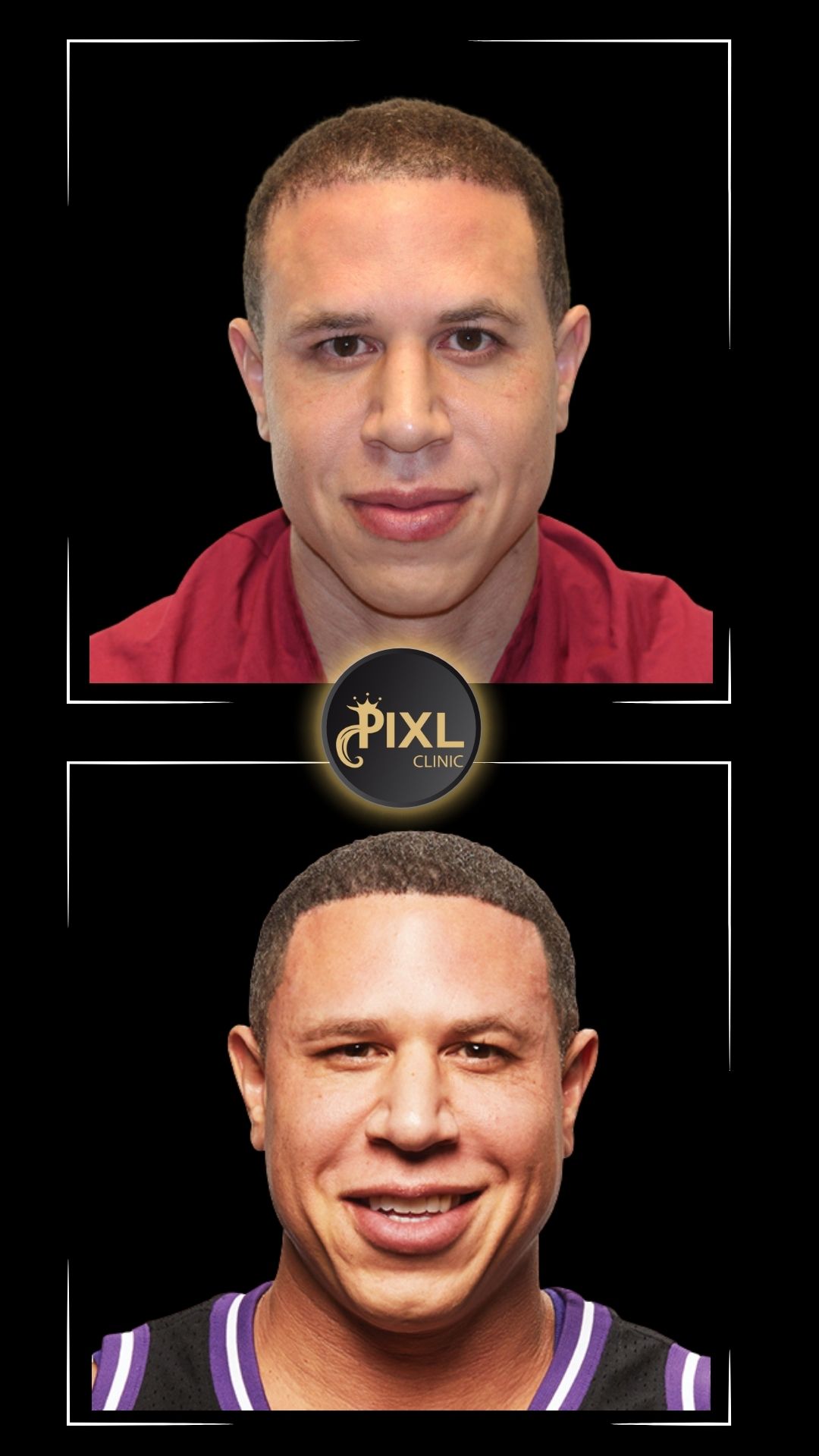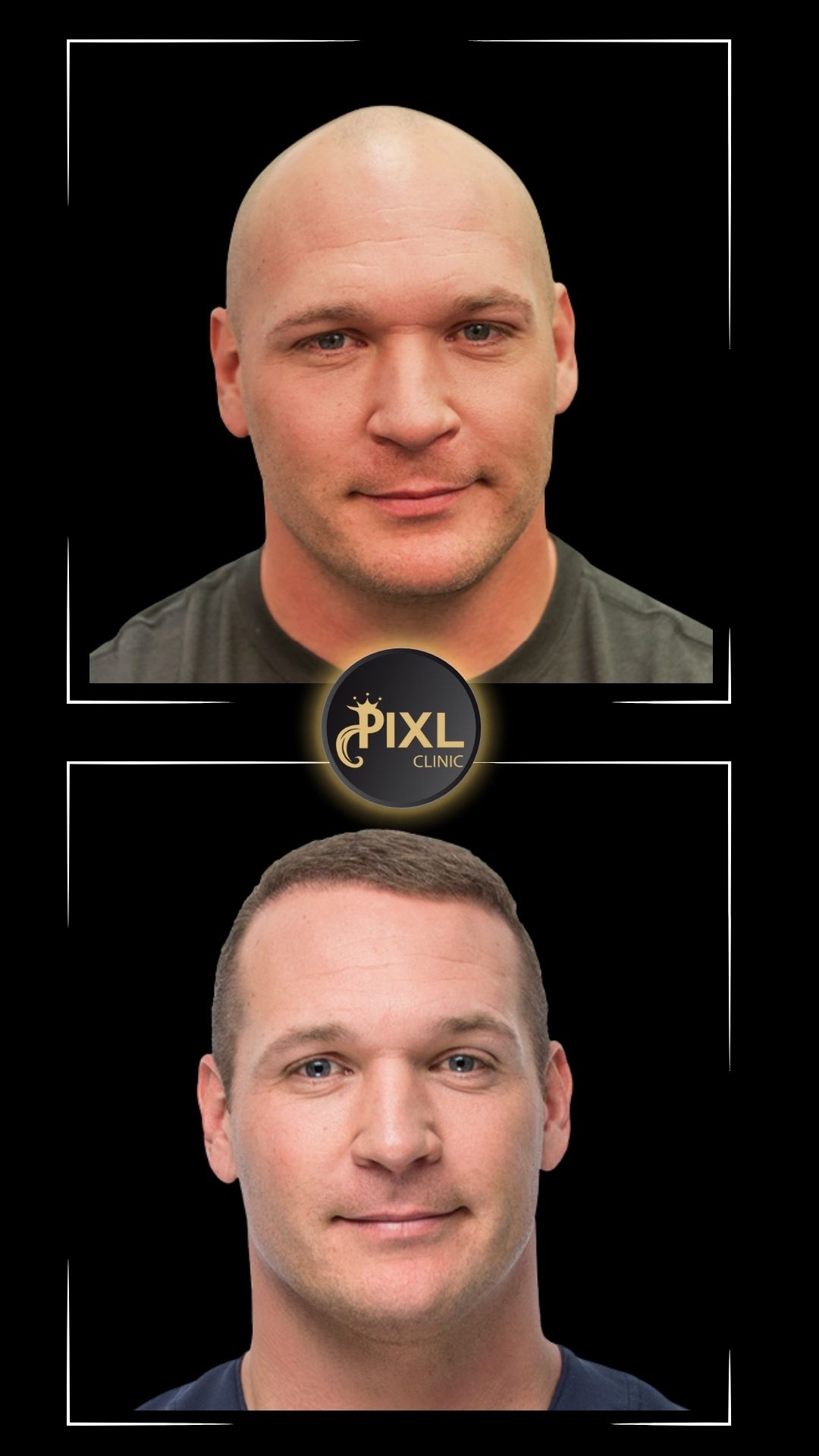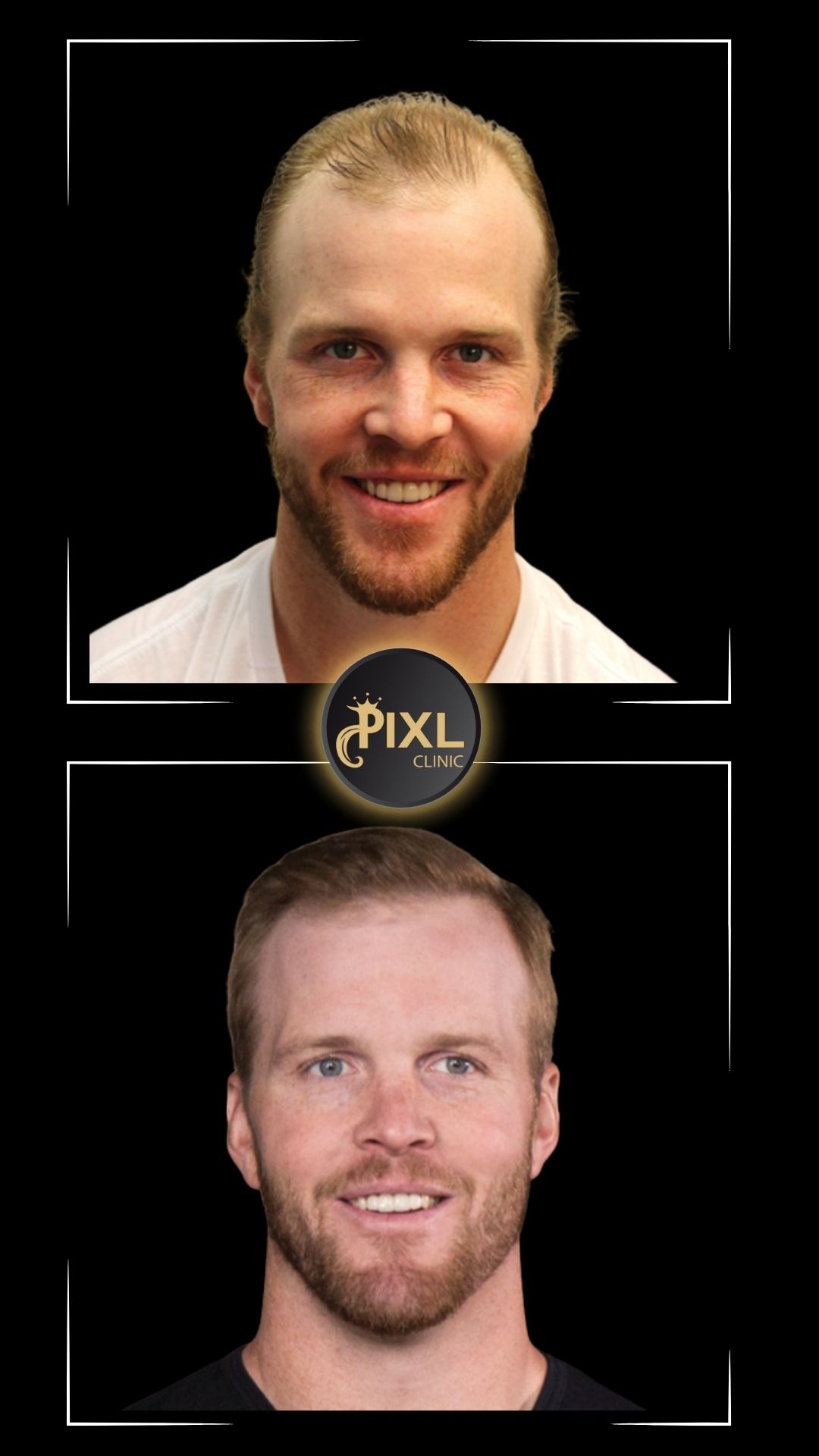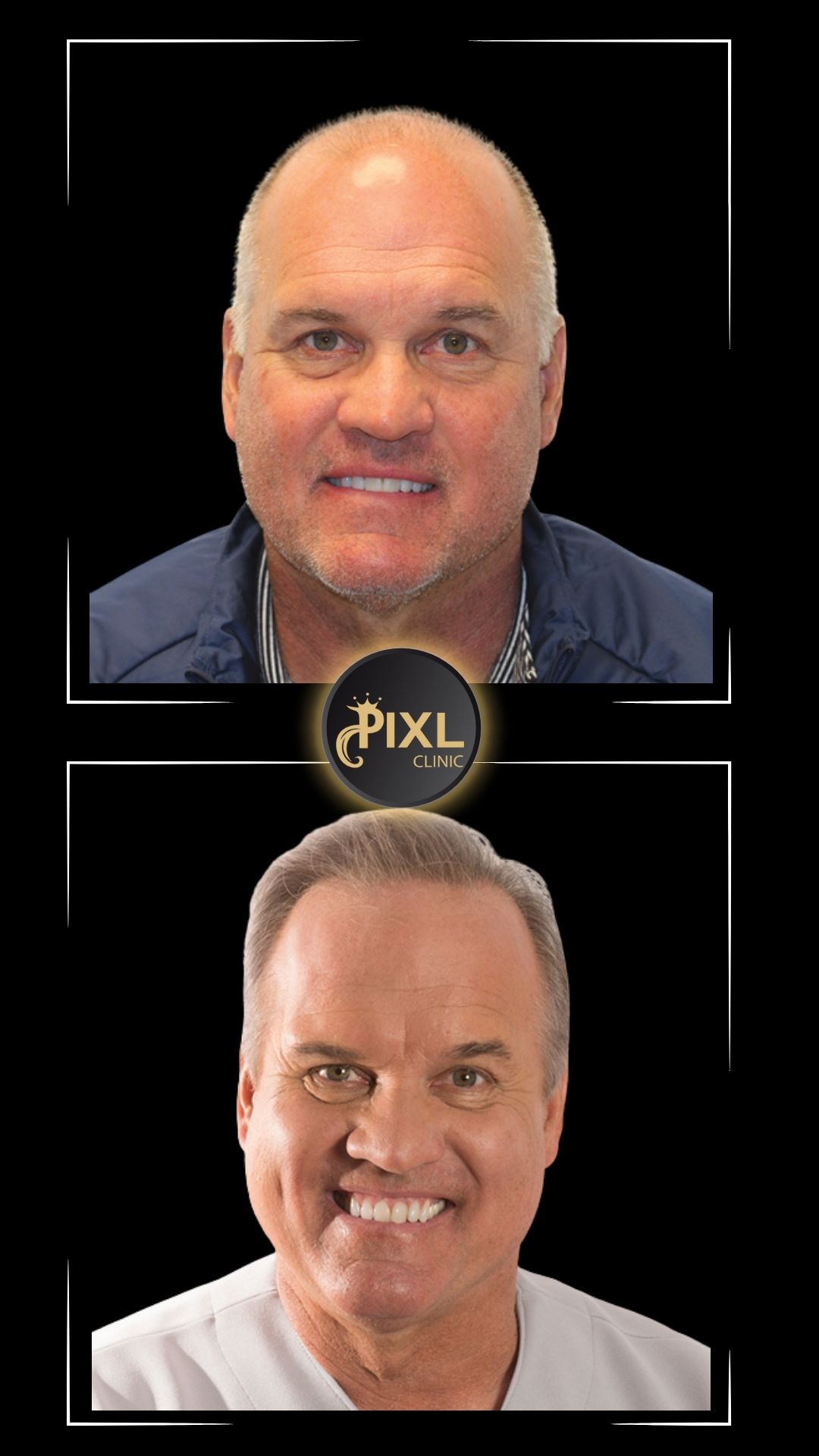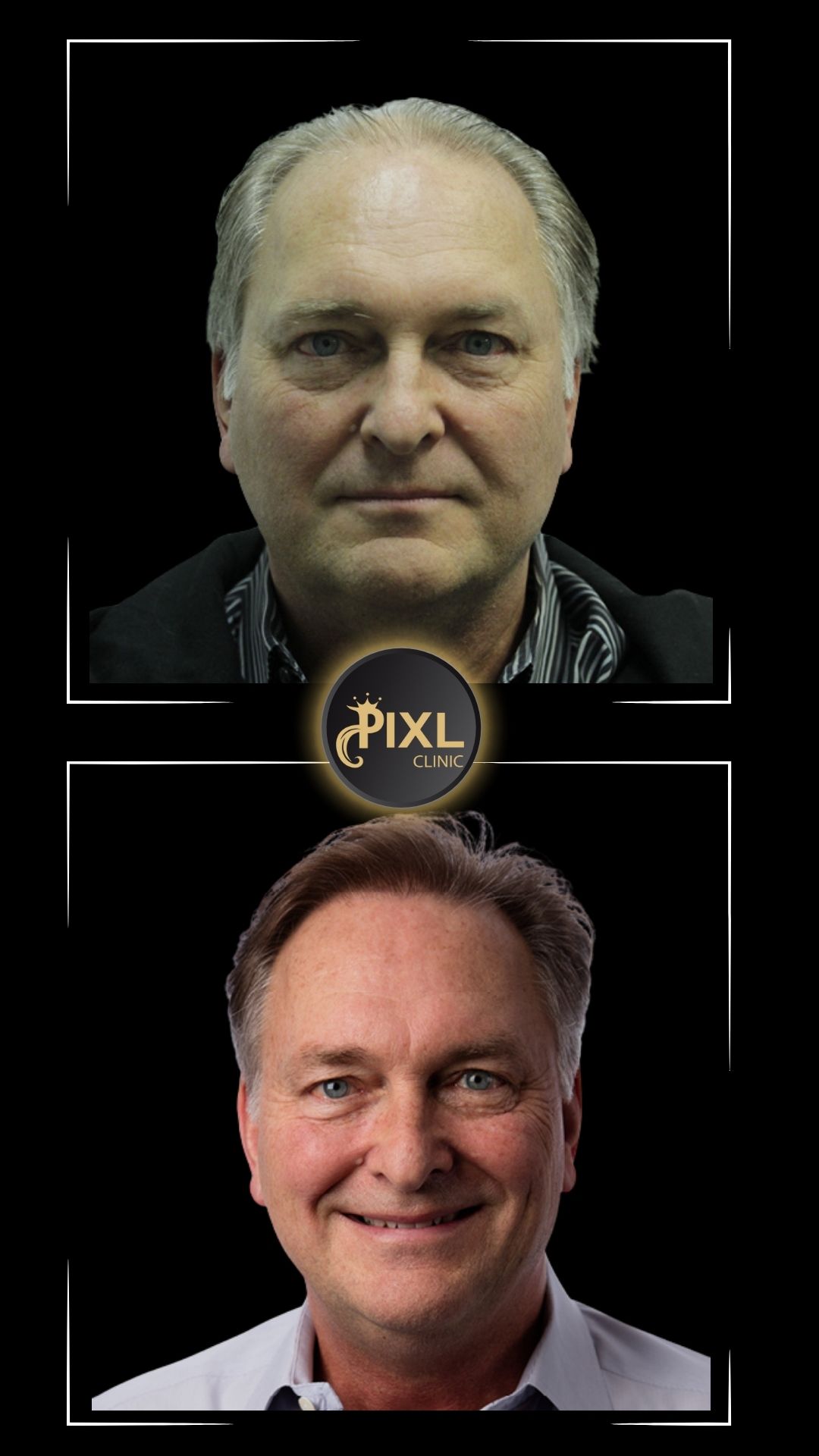Diet After Hair Transplant: What to Eat for Optimal Hair Growth
A hair transplant is a significant step toward restoring your hair and confidence. While the procedure sets the foundation for healthy hair growth, what you eat afterward can play a crucial role in supporting recovery and promoting optimal results. This blog explores the best diet after a hair transplant and the nutrients you need to enhance hair growth and healing.
Why Is Diet Important After a Hair Transplant?
The body needs a range of nutrients to heal and encourage the growth of transplanted hair follicles. A well-balanced diet:
- Promotes faster recovery of the scalp.
- Provides essential nutrients for strong, healthy hair growth.
- Reduces inflammation and prevents complications.
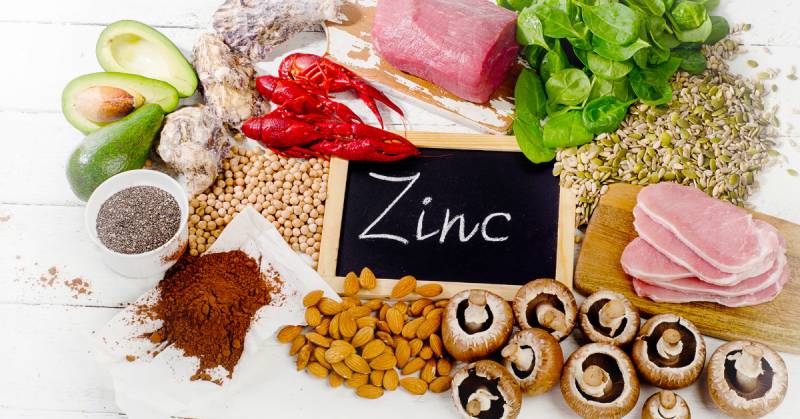
Key Nutrients for Post-Hair Transplant Recovery
Incorporating the following nutrients into your diet can enhance healing and boost hair growth:
Protein
Hair is made of keratin, a type of protein. Consuming enough protein supports hair follicle strength and growth.
- Foods: Eggs, lean meats (chicken, turkey), fish, beans, lentils, nuts, and seeds.
Iron
Iron helps carry oxygen to the hair follicles, which is essential for healthy growth.
- Foods: Red meat, spinach, kale, broccoli, lentils, and fortified cereals.
Vitamin C
Vitamin C enhances iron absorption and supports collagen production, which strengthens hair follicles and the scalp.
- Foods: Oranges, strawberries, bell peppers, kiwis, and tomatoes.
Omega-3 Fatty Acids
Omega-3s improve scalp health, reduce inflammation, and keep hair hydrated.
- Foods: Salmon, mackerel, walnuts, flaxseeds, and chia seeds.
Zinc
Zinc aids in tissue repair and strengthens hair follicles, making it crucial for post-transplant recovery.
- Foods: Shellfish, pumpkin seeds, nuts, and whole grains.
Biotin (Vitamin B7)
Biotin is essential for keratin production and prevents brittle hair.
- Foods: Eggs, almonds, sweet potatoes, and avocados.
Vitamin E
Vitamin E is a powerful antioxidant that improves blood circulation to the scalp.
- Foods: Sunflower seeds, almonds, spinach, and avocados.
Vitamin A
Vitamin A promotes sebum production, keeping the scalp moisturized and healthy.
- Foods: Carrots, sweet potatoes, and dark leafy greens.
Hydration
Staying hydrated is vital for overall health and scalp healing. Drink at least 8–10 glasses of water daily.
Foods to Avoid After a Hair Transplant
Certain foods can hinder recovery or contribute to inflammation. Avoid these to ensure the best results:
- Processed Foods: High in unhealthy fats and low in nutrients, processed foods can slow healing.
- Sugary Foods: Excess sugar can increase inflammation and affect hair growth.
- Alcohol: Alcohol dehydrates the body and can interfere with healing.
- Caffeine: Excess caffeine may impair nutrient absorption and hydration.
- Spicy Foods: Spicy foods may increase scalp irritation and inflammation.
Meal Plan Suggestions for Post-Transplant Recovery
Here’s an example of a balanced meal plan to support recovery and hair growth:
Breakfast:
- Scrambled eggs with spinach and whole-grain toast.
- A glass of orange juice or a smoothie with berries, yogurt, and chia seeds.
Lunch:
- Grilled chicken or salmon salad with mixed greens, avocado, and olive oil dressing.
- A side of quinoa or brown rice.
Snack:
- Handful of nuts (almonds or walnuts) and an apple.
Dinner:
- Grilled lean beef or tofu with steamed broccoli, carrots, and sweet potatoes.
- A small portion of whole-grain pasta or baked potatoes.
Before Bed:
- Greek yogurt with a drizzle of honey and sunflower seeds.
Supplements After a Hair Transplant
If your diet lacks certain nutrients, consider supplements to bridge the gap. Consult your doctor before starting any supplement regimen. Common options include:
- Multivitamins
- Biotin
- Omega-3 fatty acids
- Zinc and iron supplements
Tips for Optimal Recovery
- Follow Post-Op Instructions: Adhere to your surgeon’s guidelines for diet and overall care.
- Eat Balanced Meals: Include a mix of proteins, healthy fats, and carbohydrates in every meal.
- Avoid Smoking and Alcohol: These can slow healing and affect hair growth.
- Monitor Allergies: Avoid foods that might cause allergic reactions, as this can lead to inflammation.
A healthy, nutrient-rich diet is a cornerstone of recovery and long-term success after a hair transplant. By focusing on foods that promote healing and hair growth while avoiding those that hinder recovery, you can enhance the outcome of your procedure. Pair your diet with proper aftercare and regular follow-ups with your doctor to enjoy the full benefits of your hair transplant.
FAQ: Diet After Hair Transplant
Why is diet important after a hair transplant?
A balanced diet supports healing, promotes healthy hair growth, and provides the essential nutrients needed for recovery after a hair transplant. Good nutrition can enhance the overall success of the procedure.
What foods should I eat after a hair transplant?
Focus on nutrient-rich foods like:
- Protein: Eggs, chicken, fish, beans, and nuts.
- Iron: Spinach, red meat, lentils, and broccoli.
- Vitamin C: Oranges, strawberries, and bell peppers.
- Omega-3 Fatty Acids: Salmon, walnuts, and flaxseeds.
- Zinc: Shellfish, pumpkin seeds, and whole grains.
- Biotin: Eggs, almonds, and sweet potatoes.
- Vitamin E: Sunflower seeds, avocados, and spinach.
Are there foods I should avoid after a hair transplant?
Yes, avoid:
- Processed Foods: Low in nutrients and high in unhealthy fats.
- Sugary Foods: May increase inflammation.
- Alcohol: Dehydrates the body and slows healing.
- Excessive Caffeine: Can impair nutrient absorption.
- Spicy Foods: May irritate the scalp.
How soon after a hair transplant can I eat normally?
You can resume eating normally immediately after the procedure, but focus on nutrient-rich foods to support healing and hair growth.
Should I drink more water after a hair transplant?
Yes, staying hydrated is essential for healing. Aim for at least 8–10 glasses of water per day to support scalp recovery and overall health.
Is protein important for hair growth?
Yes, protein is a building block for hair since hair is made of keratin, a type of protein. Consuming adequate protein supports strong, healthy hair growth.
Do I need to take supplements after a hair transplant?
Supplements like biotin, omega-3 fatty acids, zinc, or multivitamins can help if your diet lacks specific nutrients. Always consult your doctor before starting supplements.
Can I drink alcohol after a hair transplant?
Avoid alcohol for at least 1–2 weeks after the procedure, as it can dehydrate the body and interfere with the healing process.
Are there any specific fruits or vegetables I should eat?
Yes, nutrient-dense fruits and vegetables like:
- Oranges and Kiwis: High in vitamin C for collagen production.
- Spinach and Kale: Rich in iron and vitamins.
- Sweet Potatoes: Provide vitamin A for a healthy scalp.
How long should I maintain a special diet after a hair transplant?
It’s recommended to follow a nutrient-rich diet for at least 3–6 months after the procedure to support ongoing hair growth and recovery.
Will a poor diet affect my transplant results?
Yes, a lack of essential nutrients can slow healing, weaken hair follicles, and affect the overall success of your hair transplant.
Can spicy foods or junk foods harm my transplant results?
Spicy foods may increase inflammation, and junk foods often lack the nutrients needed for healing and hair growth. It’s best to avoid these during recovery.
How does iron help after a hair transplant?
Iron improves blood circulation and oxygen delivery to hair follicles, promoting healthy hair growth and strengthening transplanted hair.
Are dairy products beneficial after a hair transplant?
Low-fat dairy products like yogurt and milk can be a good source of protein and calcium, but consume them in moderation to avoid potential inflammation.
Can I skip the diet recommendations and rely on supplements?
Supplements can fill gaps in your nutrition, but they shouldn’t replace a healthy diet. Whole foods provide a variety of nutrients and compounds that work together to promote overall health and healing.


